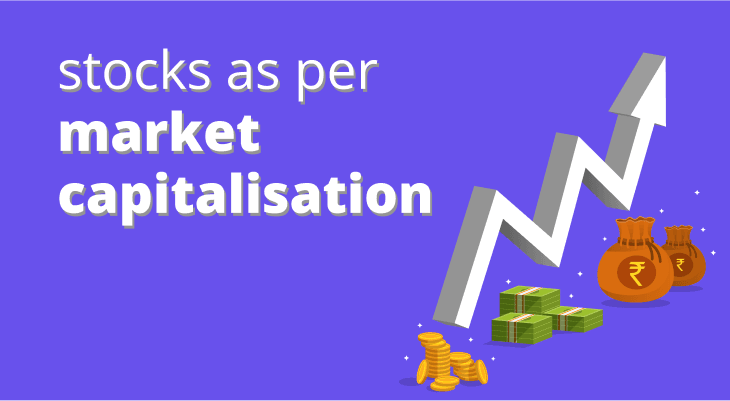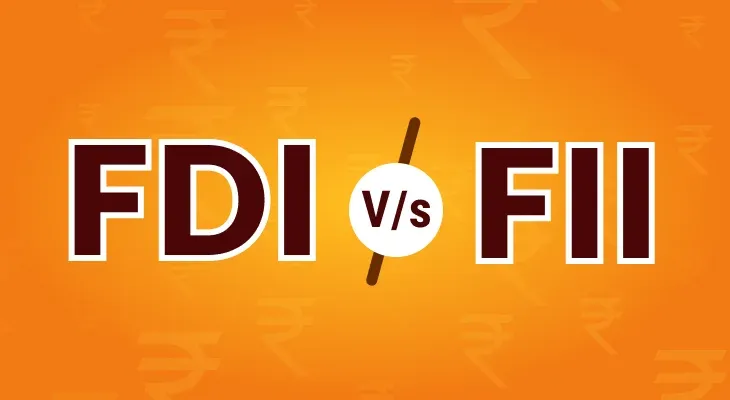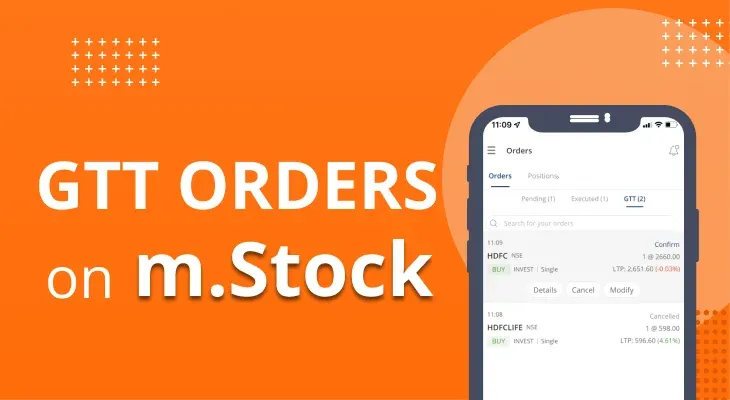
How is STT Levied?
When you purchase or sell securities on a stock exchange, you’re liable to pay certain charges like brokerage, stamp duty, GST, and the like. One of the many different charges you need to pay is the securities transaction tax.
Whether you’re a high-volume trader or a long-term investor, it is crucial to know what STT is and how it is levied. Here’s a comprehensive guide explaining the concept of securities transaction tax.
What is STT?
STT or securities transaction tax is the tax levied by the government of India on the purchase or sale of securities listed on a recognised stock exchange. It is expressed as a percentage and is calculated on the total trade value. The STT rate varies based on the type of security that’s being bought or purchased and can range anywhere from 0.001% to 0.2% of the total trade value.
The primary objective of the securities transaction tax is to make the tax collection process more efficient and to ensure that traders and investors don’t evade tax. When you purchase or sell a security through a stock exchange, your stockbroker automatically deducts STT and pays it on your behalf. Furthermore, unlike capital gains tax, STT needs to be paid irrespective of whether a trade is profitable or not.
Securities Liable for STT
Now that you’ve seen the meaning of STT, let’s look at the list of securities that are liable to be taxed.
Equity shares of a registered company or a body corporate
Bonds and debentures of a registered company or a body corporate
Scrips or other marketable securities of a registered company or a body corporate
Derivative contracts such as futures and options
Financial instruments or units issued to investors as part of a collective investment scheme
Equity mutual fund units
Securitised debt instruments
Equity government securities
Rights or interest in securities
The securities transaction tax is only levied on the above-mentioned securities if they’re traded on a stock exchange. STT doesn’t apply for manual transfers or off-market purchase or sale transactions.
What is the Rate of STT on Taxable Securities?
As an investor, you need to be aware of the rate of STT applicable on various securities to be able to make an informed investment or trading decision. The table below outlines the different securities transaction tax rates and the individual responsible for paying the tax.
Type of Security | Rate of STT | Individuals Responsible for Payment of STT | Value on Which STT is Levied |
|---|---|---|---|
| Purchase of equity shares on a delivery basis | 0.1% | Purchaser | Purchase price |
| Sale of equity shares on a delivery basis | 0.1% | Seller | Sale price |
| Sale of mutual fund units | 0.001% | Seller | Sale price |
| Sale of equity shares or mutual fund units on a non-delivery basis | 0.025% | Seller | Volume-weighted average price of securities |
| Sale of options contracts | 0.1% | Seller | Options premium |
| Sale of options contracts where the options are exercised | 0.125% | Purchaser | Contract settlement price |
| Sale of futures contracts | 0.02% | Seller | Futures trading price |
| Sale of ETF units or equity-oriented mutual fund units | 0.001% | Seller | Sale price of units |
| Sale of unlisted shares to the public as part of an IPO through an Offer for Sale (OFS), where the shares are subsequently listed on a recognised stock exchange | 0.2% | Seller | Sale price of shares |
How is STT Levied?
With the STT rates out of the way, let’s look at a hypothetical example to understand exactly how securities transaction tax is levied.
Assume you wish to purchase 100 equity shares of a company on a delivery basis. The shares are listed on the National Stock Exchange (NSE), where their current market price is Rs. 1,000 per share. The total purchase value comes up to Rs. 1,00,000 (Rs. 1,000 x 100 shares). As the purchaser of equity shares, you’re liable to pay 0.1% STT on the purchase value. This comes up to Rs. 100 (Rs. 1,00,000 x 0.1%).
Similarly, if you sell the 100 equity shares you now hold on a delivery basis, you would be liable to pay STT on the sale transaction as well. Now, assume you sell the 100 shares for Rs. 1,200 per share. The total sale value is Rs. 1,20,000 (Rs. 1,200 x 100 shares). As the seller, you’re liable to pay 0.1% STT on the sale value, which comes up to Rs. 120 (Rs. 1,20,000 x 0.1%).
STT on Physical Delivery of Derivatives
According to the directives of SEBI, all open equity derivative contracts must be physically settled on the contract expiration date. This means that if you hold any equity derivative contract, be it futures or options, till the contract expiration date without squaring it off, you must take physical delivery.
In the case of physical delivery of equity derivative contracts, the transactions are automatically considered to be on par with equity delivery transactions and are subject to STT of 0.1% on the total purchase or sale value.
STT and its Connection with Income Tax
As you’ve already seen before, securities transaction tax is only levied on transactions that occur on a recognised stock exchange. However, the treatment of STT will vary depending on the intent with which you trade or invest.
Business Income
If you’re involved in trading or investment activities on a professional level, the gains you make from such transactions will be classified as business income. The securities transaction tax you pay on such transactions can be claimed as a deduction from your total taxable business income under section 36 of the Income Tax Act, 1961.
Regular Investment and Trading Activities
On the other hand, if you’re not trading or investing in securities professionally or as part of your business, the STT you pay cannot be deducted from your total taxable income. However, any gains you receive from such activities will be classified as Long-Term Capital Gains (LTCG) or Short-Term Capital Gains (STCG) and taxed at 10% or 15% respectively.
Conclusion
With this, you must now be well aware of the meaning of STT and the rates applicable to different securities. Remember, the greater the value of the trade is, the more STT you need to pay, especially if you’re taking delivery of equity shares. Therefore, when planning your trades and investments or calculating always remember to account for the impact of the securities transaction tax since it can reduce the amount of returns you get.


